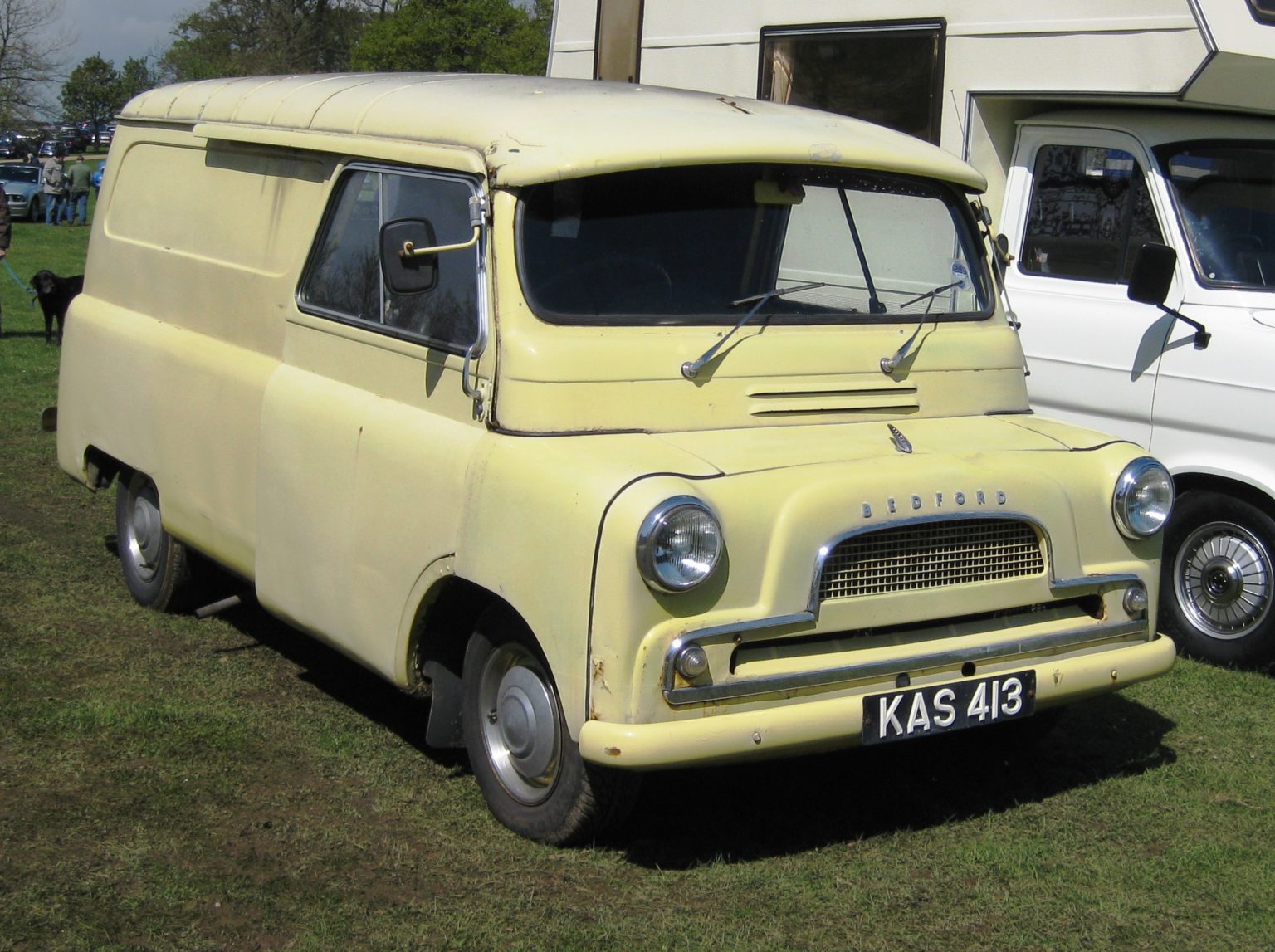-
Everton, 1891
How can the event be sacred, if the venue is ephemeral and profane?
-
Luton Town, 1932
Could there be smoke without fire? Or were we just clutching at straws?
-
Nottingham Forest, 1965
In the world of high-stakes, low-tech racing, a little bit of luck can make all the difference…
-
Brentford, 1936
A butterfly house in Syon Park? That’s not what the map says.
-
Aston Villa, 1934
Cerberus had a toothache. Dionysus will have a headache.
-
Tottenham Hotspur, 1920
‘Did you arrive on machines?’
-
West Bromwich Albion, 1883
The end of innocence, and the beginning of football’s most enduring rivalry.
-
Fulham, 1976
Majestic Talent at the Cottage, Symphonic Rock at the Greyhound, and, erm, Rocky the Dog.
-
Manchester City, 1970
You don’t have to be here if you don’t want to be.
